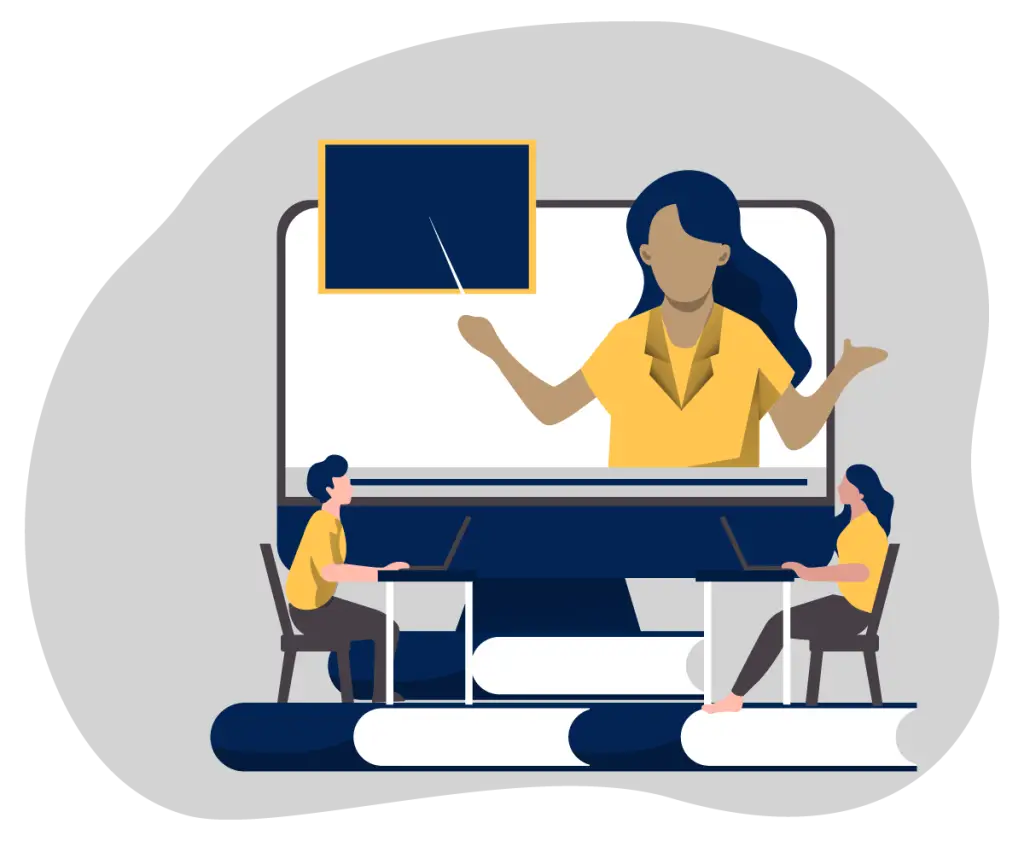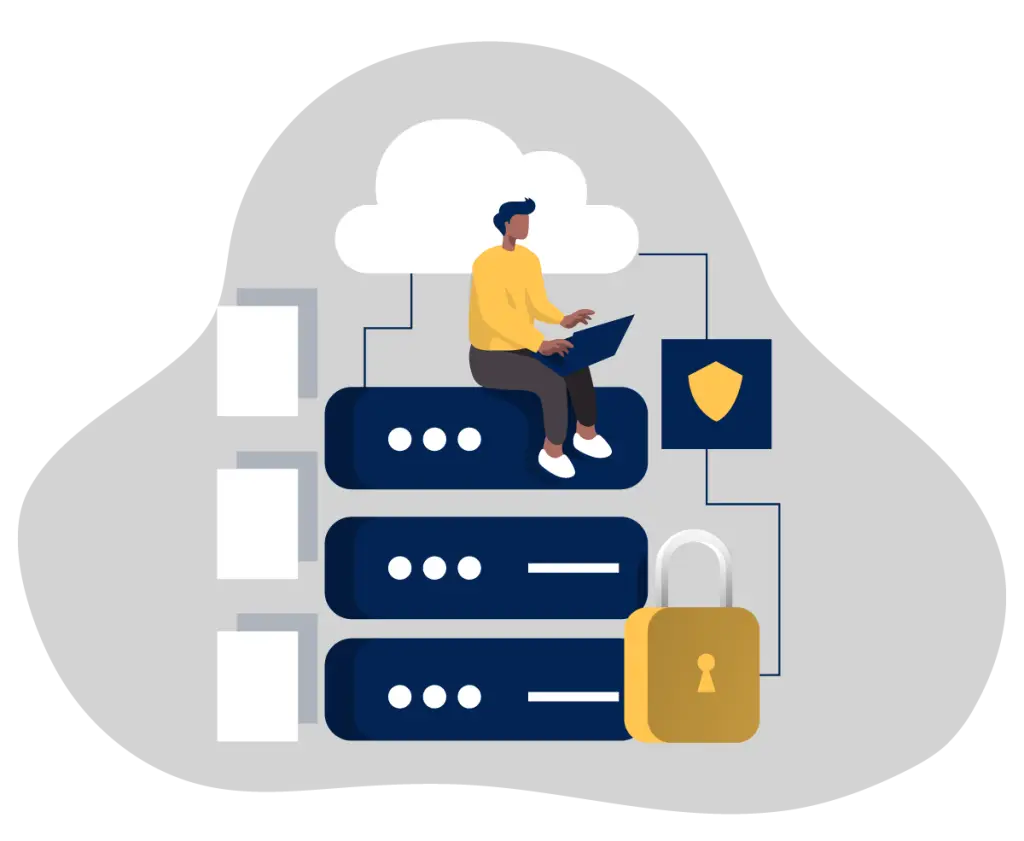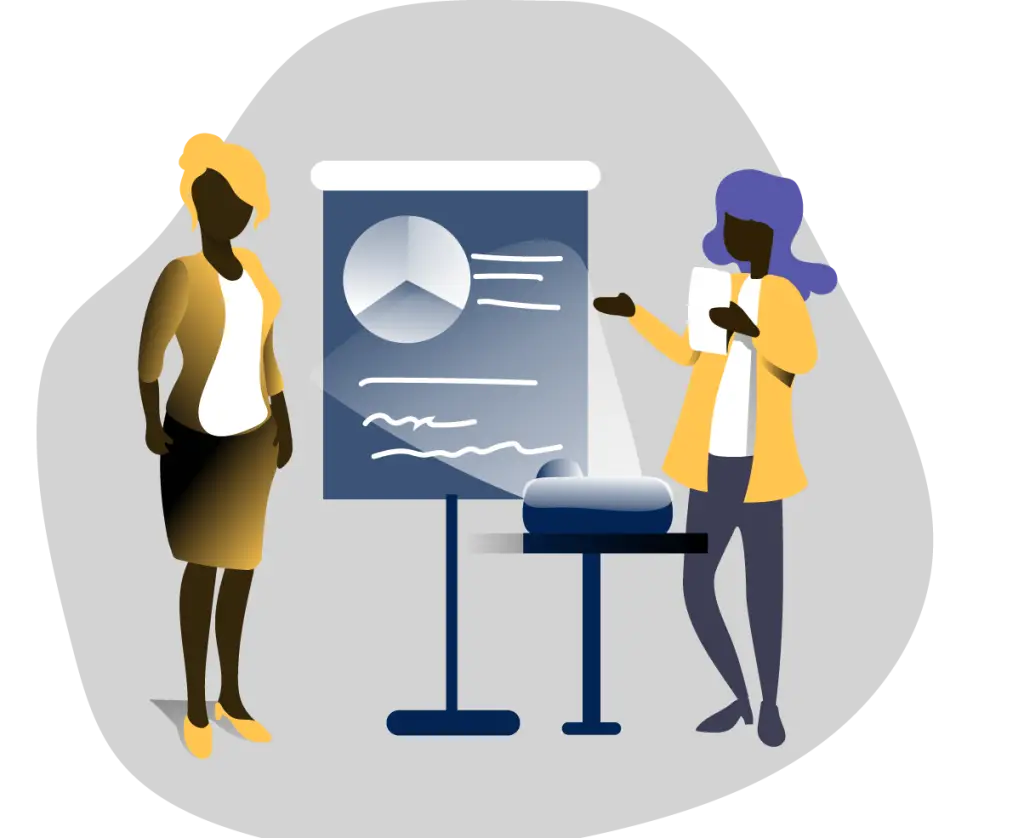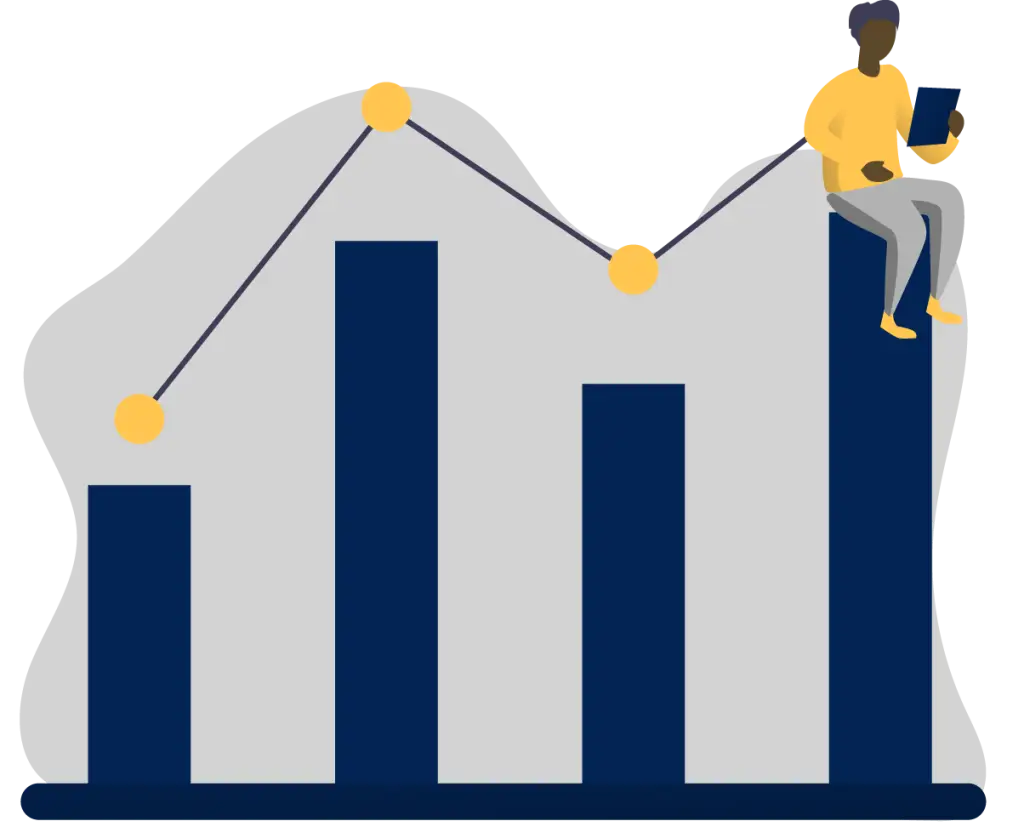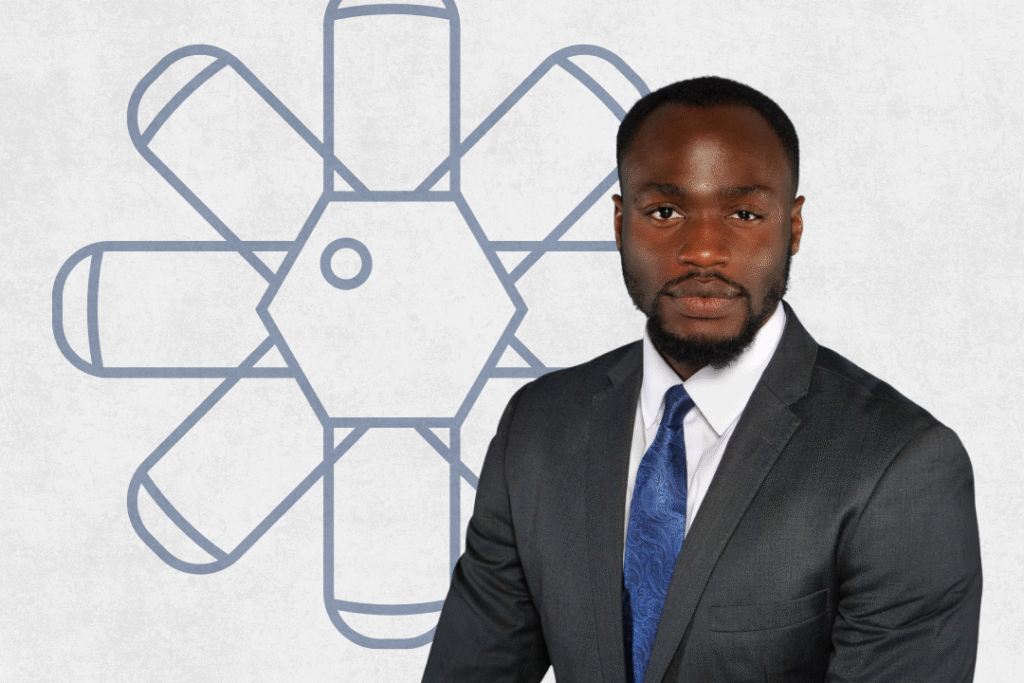Bio
Jake Okechukwu Effoduh is an experienced lawyer with expertise in human rights, tech, and artificial intelligence. He has a proven track record of working across various national, regional, and international institutions. With previous experience as Chief Counsel for Africa-Canada Artificial Intelligence and Data Innovation Consortium (ACADIC) and a Research Fellow at the Centre for Human Sciences at Carnegie Mellon University, Jake is an Assistant Professor at the Lincoln Alexander School of Law of Toronto Metropolitan University. He is currently an Academic Fellow among the 2025/2026 cohort of Fellows at the Catalyst.
Early roots
For Jake Okechukwu Effoduh, his career in law began with a deep-rooted dedication to human rights and social justice, long before he formally qualified as a lawyer. From humble roots, Jake could not have predicted his far-reaching impact. His parents had not had access to formal education; however, they worked tirelessly to give their children a chance at schooling. As a teenager in Nigeria, he considered pursuing basketball, soccer, or dance. It wasn’t until he hosted a nationwide radio program, reaching millions and educating listeners about their rights, that he saw a glimpse of a different level of impact.
I realized law offered a platform far beyond myself: one where I could address systemic issues affecting my community, my country, and now, broader global challenges.
Grassroots advocacy across Nigeria
It wasn’t just broadcasting. Jake travelled across all 36 states of the country, living in local communities for weeks at a time, interviewing people, and bringing their lived realities into national and international conversations. “Those experiences grounded me in the real, practical importance of rights and justice and showed me how law can transform lives when it’s made accessible,” said Jake.
Democratizing rights through technology
Then, things got digital. Jake built a digital repository of all Nigerian human rights laws after research revealed that many Nigerians could not access or understand the laws governing their rights, leading to under-enforcement and abuse. He simplified the complex “legalese” into plain language, translated the materials into four indigenous languages, and made them freely available online in both text and audio formats. This passion carried Jake through graduate school and into his role as a law professor, where his focus shifted to how emerging technologies, such as AI and quantum, can be governed in ways that safeguard rights and strengthen inclusion.
I’ll say my journey has blended courtroom practice, grassroots engagement, and academic research. But the thread tying it all together is a belief in using law and technology to advocate for people.
Learning across borders
Several failed attempts to law school did not slow Jake down. At last accepted at the Faculty of Law, University of Abuja, he extended his studies to a master’s in International Human Rights Law at Oxford where he won several awards, and another master’s at Osgoode Hall Law School, as well as a Ph.D in human rights law and AI, as a Vanier Scholar. “Each degree was born out of lived experience: the desire to learn more, to sharpen my methods, and to respond more effectively to the challenges I was encountering,” says Jake.
Jake’s work in the classroom always tied him back to places like his home and the reality in the “Third World”. He often ran into problems that were cross-border, systemic, or tied to international forces. He needed a wider frame to understand and respond to injustices that went beyond the courtroom. When he returned to Nigeria after obtaining his masters degree and worked as a prosecutor, he again faced issues that weren’t simply about winning cases: they involved structural and transnational dynamics.
The way I see it, technology creates new opportunities but also new vulnerabilities and the law must evolve to meet those.
According to Jake, his studies trained him to always zoom out, to ask, for example, how a local technology policy in Canada sits within international norms, or how a rights issue in Nigeria echoes in global debates. “Even though international law is deeply political,” says Jake, “It has become for me not just a theory, but a habit of mind, a constant reminder that every legal issue is connected to a larger picture.”
For me, graduate studies have always come at the point where I felt I had exhausted what I knew about a particular area and needed a broader toolkit.
Encountering the Catalyst
At another point, while searching for a broader toolkit, Jake came across the Catalyst. He learned of the Catalyst Fellowship Program through his colleague, Prof. Alexandra Mogyoros, who was a 2023/2024 Catalyst Fellow. Later, Prof. Jennifer Orange introduced him to Charles Finlay after his guest lecture at the Lincoln Alexander School of Law.
“From those encounters, I became deeply drawn to the Catalyst’s mission of bridging academic research with real-world cybersecurity challenges. He was drawn to the interdisciplinary model, especially the Catalyst’s track record of impact. Jake felt that the Catalyst Fellowship Program was more than a think tank. In his assessment, it shaped national conversations on cyber resilience and supported businesses and communities with practical tools and knowledge. “That combination of intellectual precision and tangible achievements for people and society stood out.”
The Catalyst is now an opportunity for me to advance my work in cyber law while contributing to research that delivers direct social benefit.
Adversity as a strength
Adversity set Jake apart and became his strength. He grew up as a stammerer, which undermined his confidence. But by forcing himself into spaces where he had to speak; on the radio, in classrooms, and at public lectures, he developed strategies to manage his speech. “I don’t consider myself a great speaker, but I think I’ve become a creative communicator because I’ve figured out creative ways to communicate despite my stutter, and I refused to let that limitation define me.”
I see diversity, equity, and inclusion not as add-ons or token interventions, but as principles that make every project or program stronger.
TWAIL and DEI: guiding frameworks
A framework that has defined Jake is TWAIL — Third World Approaches to International Law. It’s a method and lens that helps him interpret, interrogate, and reimagine legal systems. The theory gave him a vocabulary for what he had long sensed, that many so-called “universal” norms didn’t reflect the realities of the Global South. “TWAIL became my barometer. It reminds me to constantly ask whose voice is missing, who benefits, and who is marginalized.” Jake uses TWAIL as a critique and a compass in the field of technology and law. The framework keeps him grounded in justice principles and attentive to histories of colonialism and power imbalance. This allows him to advocate for frameworks that reflect the lived experiences of communities in Africa, Asia, and Latin America.
I see DEI (Diversity, Equity, and Inclusion) as the scaffolding for creativity, collective elevation, and true sustainability. My commitment comes from both my positionality as a lifelong learner who must seek to thrive with others equitably and to mobilize knowledge in ways that further reconciliation, impartiality, and decolonization.
Passing it on to the next generation
These days, Jake passes on his learning through his role teaching at the Lincoln Alexander School of Law. “Laws and legal systems can be deeply problematic, even hegemonic, but within them are powerful levers for change. My goal is to help students see that complexity: to recognize both the limits and the possibilities of law,” says Jake. He likens law to fire. It can warm and illuminate, but if left unchecked, it can burn and destroy. It’s a lawyer’s responsibility, Jake says, to learn how to handle that fire with care, using it to light paths toward justice rather than engulf inequality.
To him, that means cultivating reflexivity, empathy, and the habit of asking hard questions. Who benefits from this law? Who is harmed or excluded? What could be done better? “More than knowledge, I want to impart a mindset: a commitment to justice and the courage to act on it. In combination, learning and teaching have cemented Jake’s approach: that the future of human rights work lies not in silos, but in harnessing technology responsibly for justice.
It’s easy to be dazzled by the next new AI model or lost in futurist or even abstract legal arguments, but never forget the people behind the systems: those who stand to benefit or be harmed by the decisions we make.
From dilemma to doctrine: tackling ransomware
Now, as Jake prepares for his project in the Catalyst Fellowship Program, he is looking at tackling the pressing issue of ransomware payments in an era of increasingly AI-driven cyberattacks. Jake gives the example of a hospital whose systems are locked by hackers. The hospital’s leadership team must choose between paying a ransom to potentially save patient data and lives, or refusing to pay and risking devastating consequences with little legal guidance either way.
“At present, the law in Canada and many other jurisdictions is murky. Paying isn’t explicitly illegal, but it risks violating sanctions regimes or inadvertently funding criminal groups. And as AI accelerates, along with the scale and sophistication of these attacks, the stakes keep rising,” he says. For Jake, this project is especially important because it sits squarely at the intersection of law, technology, and human welfare.
His research compares how different countries approach ransomware, identify gaps in existing frameworks, and propose practical, responsible doctrines that can guide policymakers and organizations. The goal is to move from “Dilemma to doctrine” (which is also the title of his research project) For example, Jake’s work endeavors to give hospitals, schools, and businesses clear cybersecurity prevention and response options, to reduce the incentive structure for cybercriminals, and protect critical services without fueling threats.
“I am also super excited to be part of the Catalyst community, to learn and share with other fellows and to build products and solutions together,” says Jake.

